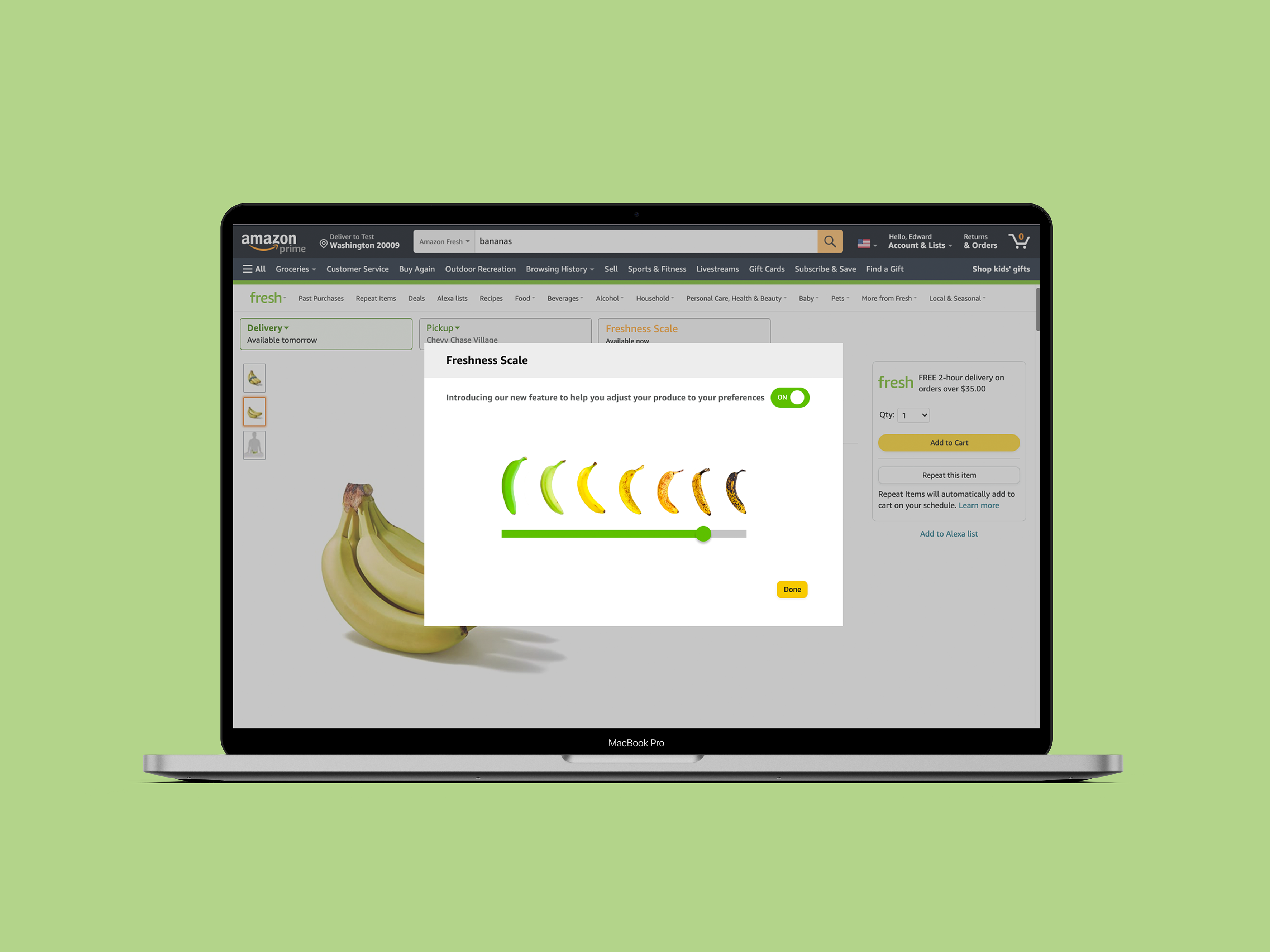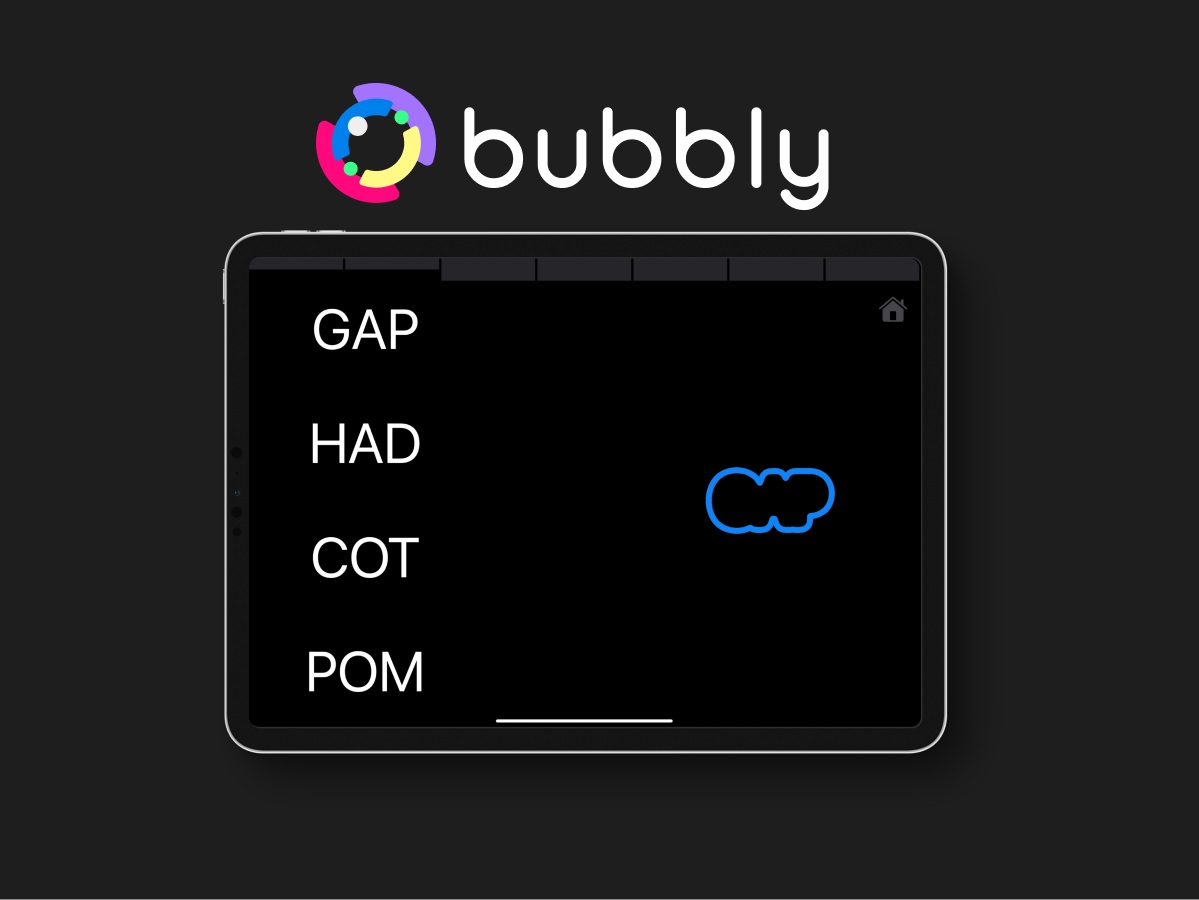How does messaging impact our reactions to COVID-19 guidelines?
Amidst the COVID-19 pandemic, varying forms of messaging was used to inform the public on social distancing guidelines and precautions.
This research project aimed to look at differences in reaction when participants were informed with messages with COVID-19 agency vs. human agency.
Advised by Professor Patrick Harrison from UNC's Department of Psychology, my research team aimed to explore these variables.
COVID-19 Agency Messaging
Putting responsibility and accountability onto the virus.
Example: "COVID-19 kills people everyday. Are you prepared?"
Human Agency Messaging
Putting responsibility and accountability onto individuals, either you or others.
Example: "People die from COVID-19 everyday. Are you prepared?"
How has disease-agency messaging impacted perceptions before?
• Prior research in health messaging shows disease-agency messages are associated with higher perceived threat.
• However, human-agency messages are associated with elevated beliefs for the individual to be susceptible to contracting the disease.
Methods
Participants: 291
• 83% were undergraduate college students
• Random selection was used to send out each type of survey via Qualtrics
Measuring Reactance
• The survey measured their level of psychological reactance using four assigned statements assessing their perceived levels of:
Threat to Freedom
Negative Emotions
Negative Cognitions
What kind of messaging is associated with psychological reactance?
Compared to human-agency, COVID-19 agency showed an association with psychological reactance in perceived threat to freedom, negative emotions, and negative cognitions.
Perceived Threat to Freedom
Perceived Negative Emotions
Perceived Negative Cognition



